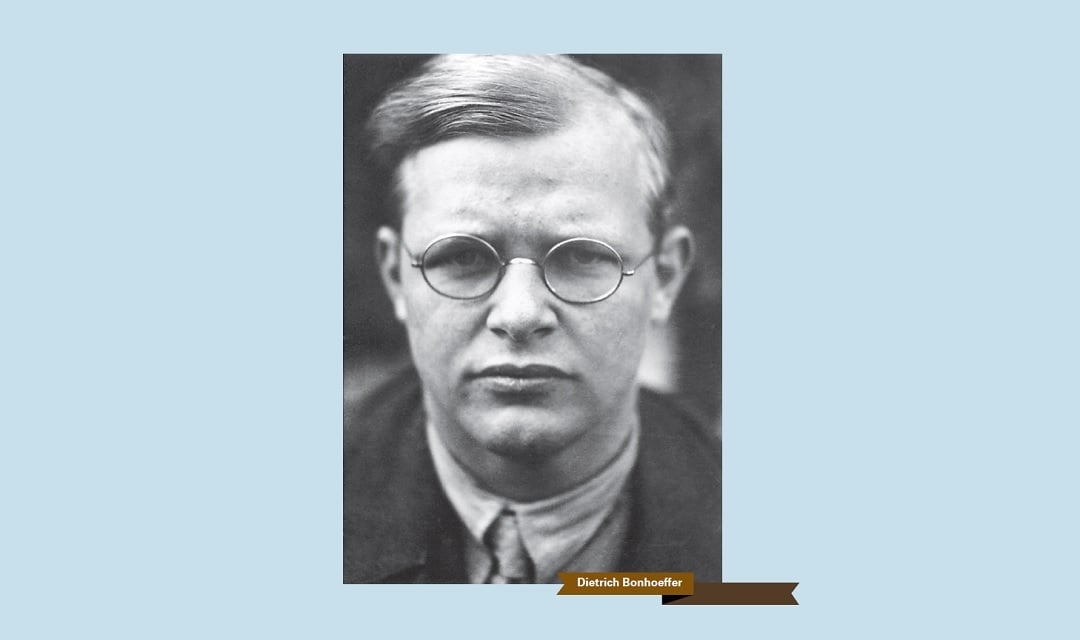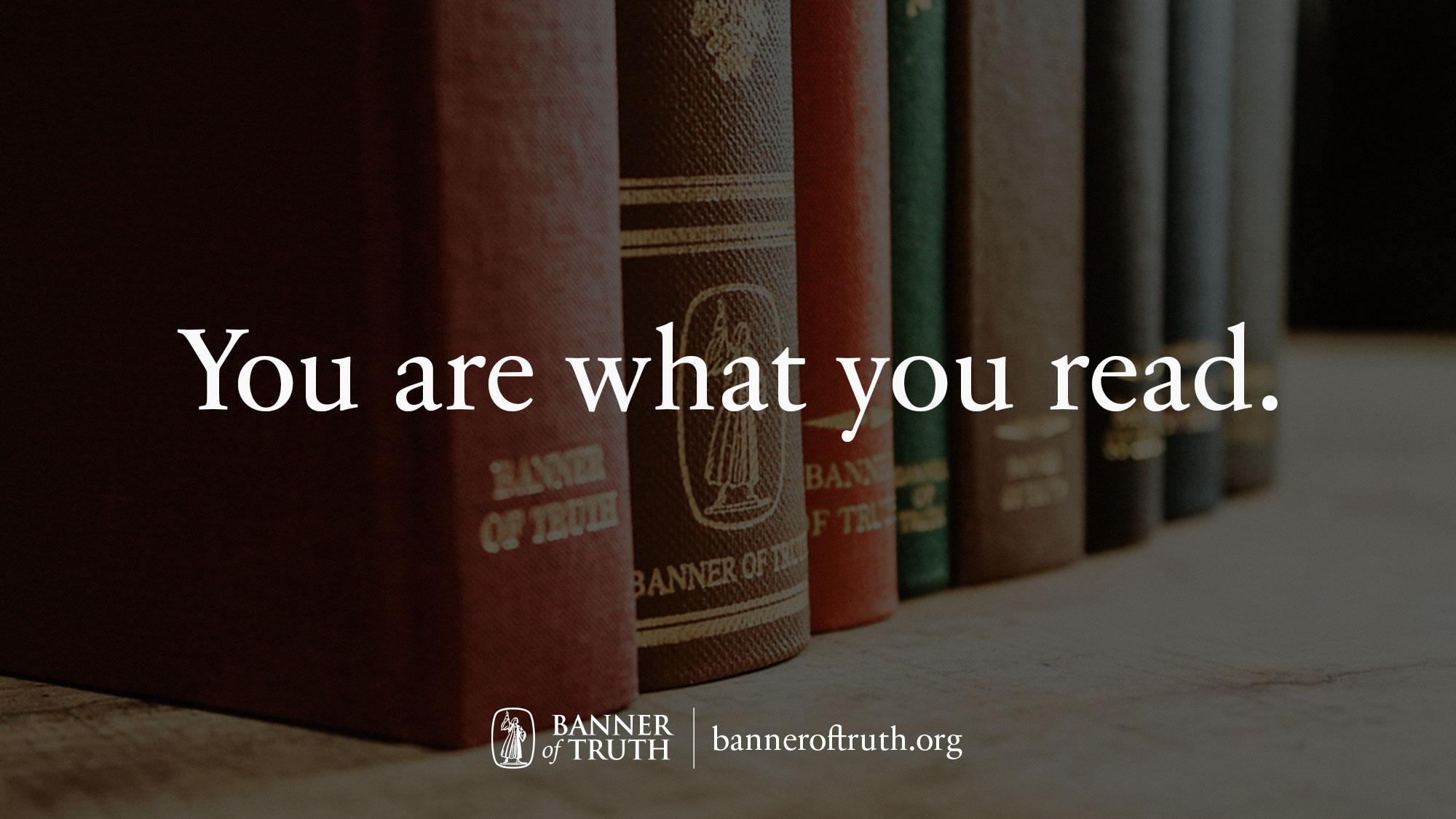hammondjones
Puritan Board Junior
Reading Bonhoeffer's Life Together, I was intrigued by this part:
Compare Trinity Psalter Hymnal:
While I don't disagree that vanity can intrude in singing (and especially instrument playing!), he is coming down pretty strong on most of the Western Church here. And I found it slightly ironic that he would say this, since the Lutheran tunes are, to my ear, the most harmonically complex ones in the entire hymnal. Was there a tradition of unison singing in the Lutheran church?
The Genevan tunes were designed to be sung in unison. The Scottish Psalter tunes were, I understand, selected so as to make them as singable as possible.
The only denominations/traditions that I know of which sing semi-unison are those which line out the songs, like Old Regular Baptists, and Gaelic Psalmody, and apparently some Amish or other Anabaptists sing in unison to root out individualism
I see it often asserted that Calvin favored unison singing; where did he argue for that?
Because it is bound wholly to the Word, the singing of the congregation, especially of the family congregation, is essentially singing in unison. Here words and music combine in a unique way. The soaring tone of unison singing finds its sole and essential support in the words that are sung and therefore does not need the musical support of other voices.
With one voice let us sing today
In unison both praise and pray
sang the Bohemian Brethren. "With one mind and one mouth glorify God, even the Father of our Lord Jesus Christ" (Rom. 15:6). The purity of unison singing, unaffected by alien motives of musical techniques, the clarity, unspoiled by the attempt to give musical an an autonomy of its own apart from the words, the simplicity and frugality, the humaneness and warmth of this way of singing is the essence of all congregational singing. This, it is true, discloses itself to our cultivated ears only gradually and by patient practice. It becomes a question of a congregation's power of spiritual discernment whether it adopts proper unison singing. This is singing from the heart, singing to the Lord, singing the Word; this is singing in unity.
There are some destroyers of unison singing in the fellowship that must be rigorously eliminated. There is no place in the service of worship where vanity and bad taste can so intrude as in the singing. There is, first, the improvised second part which one hears almost everywhere. It attempts to give the necessary background, the missing fullness to the soaring unison tone, and thus kills both the words and the tone. There is the bass or the alto who must call everybody's attention to his astonishing range and therefore sings every hymn an octave lower. There is the solo voice that goes swaggering, swelling, blaring, and tremulant from a full chest and drowns out everything else to the glory of its own fine organ. There are the less dangerous foes of congregational singing, the "unmusical," who cannot sing, of whom there are far fewer than we are led to believe, and finally, there are often those also who because of some mood will not join in the singing and thus disturb the fellowship.
Unison singing, difficult as it is, is less of a musical than a spiritual matter.
Compare Trinity Psalter Hymnal:
7. If you are able, sing the alto, tenor, or bass part. This adds richness to the congregational singing.
While I don't disagree that vanity can intrude in singing (and especially instrument playing!), he is coming down pretty strong on most of the Western Church here. And I found it slightly ironic that he would say this, since the Lutheran tunes are, to my ear, the most harmonically complex ones in the entire hymnal. Was there a tradition of unison singing in the Lutheran church?
The Genevan tunes were designed to be sung in unison. The Scottish Psalter tunes were, I understand, selected so as to make them as singable as possible.
The only denominations/traditions that I know of which sing semi-unison are those which line out the songs, like Old Regular Baptists, and Gaelic Psalmody, and apparently some Amish or other Anabaptists sing in unison to root out individualism
I see it often asserted that Calvin favored unison singing; where did he argue for that?



